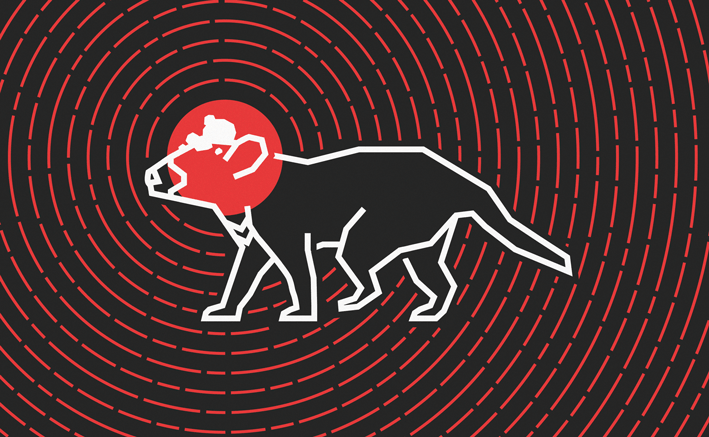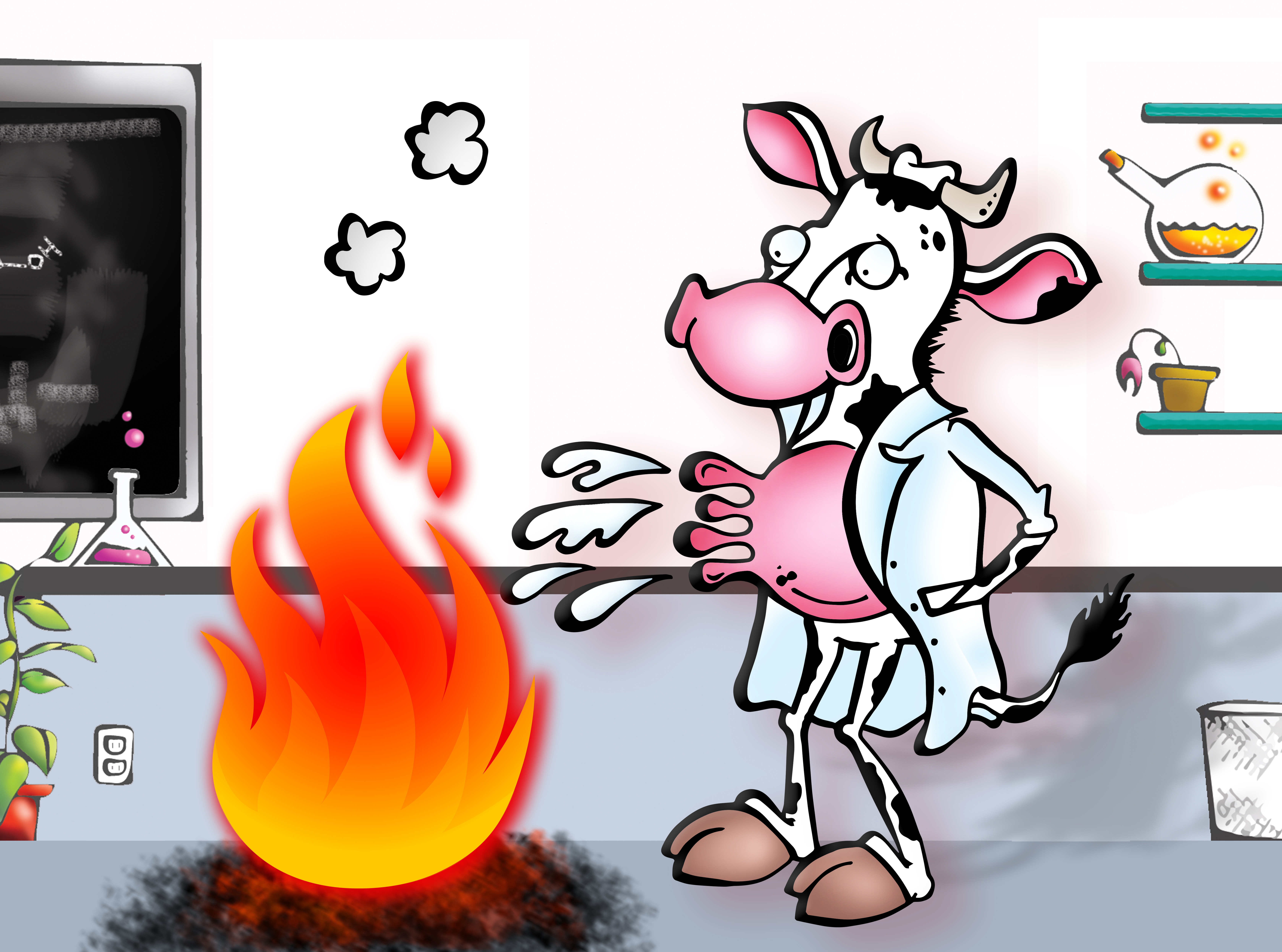Looney Tunes fans are probably familiar with Tasmanian devils.
The rare and particularly feisty marsupial found exclusively on Tasmania, a small island-state located just south of the mainland of Australia, is on the verge of extinction due to a contagious form of cancer.
Facial tumour disease in these animals was first noted about two decades ago. The disease causes tumours to grow on the faces and in the mouths of devils. The scary thing is that these tumours can transfer between Tasmanian devils.
To make matters worse, researchers have recently found a second transmissible facial cancer disease. It seems like these ferocious marsupials can’t catch a break.
Published in PNAS, the study showed that this new form of devil facial tumour disease is distinct from the first form both structurally and genetically. Although the two forms of cancer appear to be similar at a superficial level, they have different causes.
The first documented transmissible cancer, DFTD1, is structured in cell bundles. The second transmissible cancer, DFTD2, forms itself in sheets. Both are spread similarly but produce different types of tumours.
Cancers aren’t really the kind of diseases that are contagious. These odd diseases formed, in part, because of how aggressive these animals are.
Tasmanian devils often bite one another in the face, usually during mating or combat. This results in cancer cells being seeded into facial wounds of bitten companions. From there, a new tumour grows.
Biting is the perfect way to transfer the new seeds of a tumour. The cancer cells don’t last very long outside of the body, so an instant trip from one animal to the next is perfect.
Once established in a new body, the tumour spreads cancer to the lungs, kidneys, and lymph nodes.
Tasmanian devils have very little genetic diversity. This results in poor immune responses to the foreign cancer cells passed between animals.
Devil facial tumour diseases usually kill an infected animal within six months. In the 20 or so years since the cancer was first observed, it has decimated devil populations by more than 90 per cent.
Hope hasn’t been entirely lost, however. Tasmanian devils are showing behavioural adaptations to the disease.
Devils have been shown to be mating earlier. This gives them a chance to raise at least one litter of joeys before dying from the cancer. This way, population numbers can be maintained, despite the deaths caused by devil facial tumour disease.
To date, there are no known human forms of cancer which are transmissible. Even if cancer cells are somehow transferred into the body of another human, immune systems are able to recognize the cells as foreign and destroy them.
The only exception, however, is in the case of organ transplants in which the organ is cancerous. This is due to the recipient’s weakened immune system as a result of medication to prevent tissue rejection.





